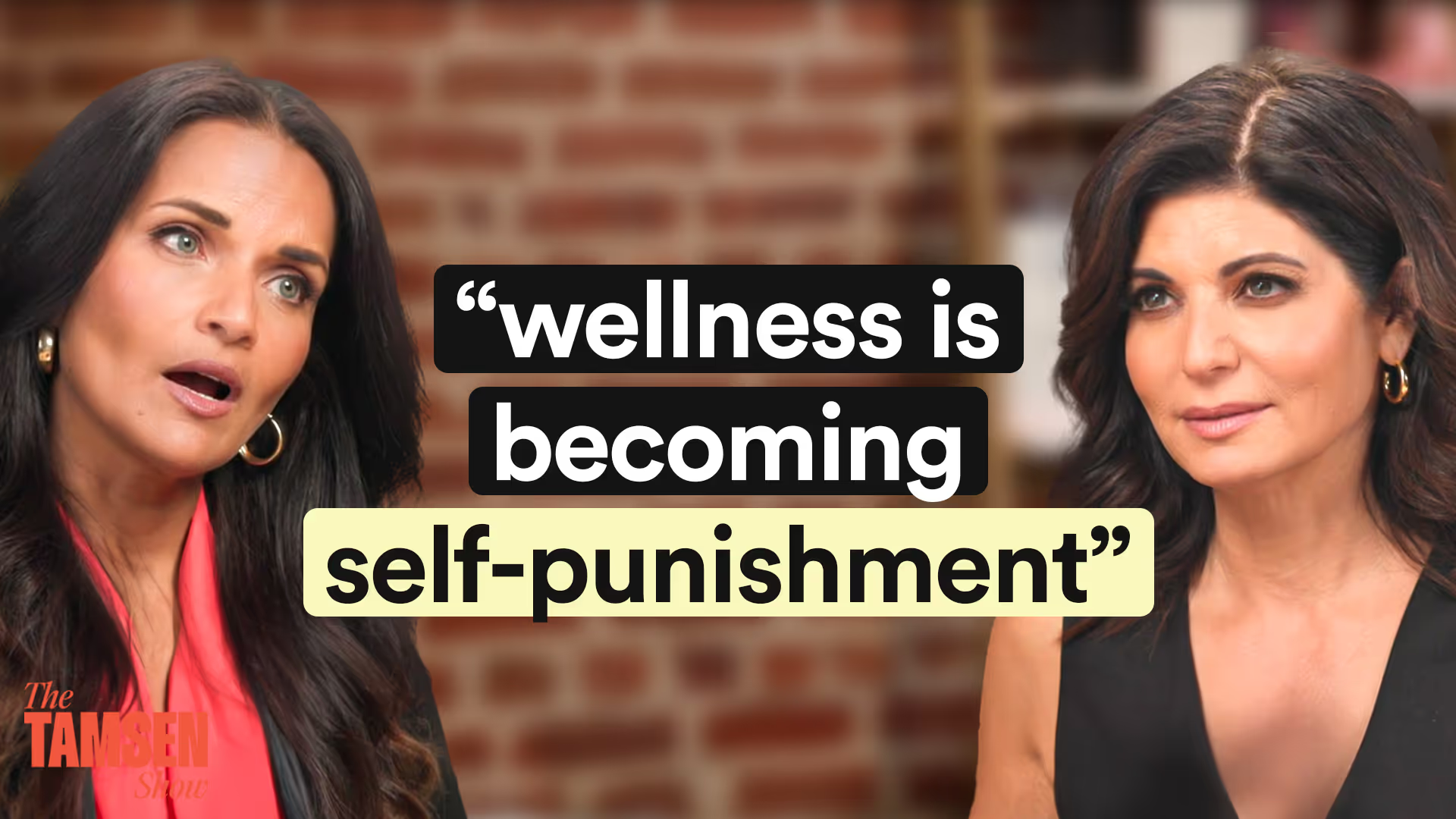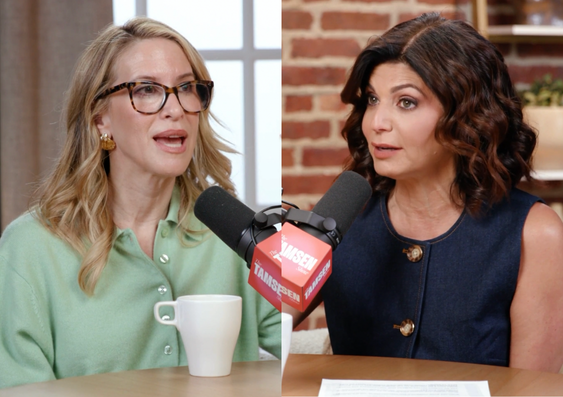Brittle nails during menopause can be a frustrating and persistent issue. I've experienced the annoyance of dealing with nails that constantly break, chip, and split, which forced me to switch up the gel manicures I would usually get done. This persistent problem can disrupt daily life and make it challenging to maintain a polished appearance. Finding solutions to improve nail strength and health has become essential for me, as it can significantly impact confidence and comfort. Plus, I always love getting my nails done! By exploring various nail care strategies and treatments, I hope you can regain the durability and resilience of your nails.
Why do nails get brittle during menopause?
During menopause, significant hormonal changes take place, especially the decline in estrogen levels. Estrogen plays a crucial role in maintaining moisture and strength in nails. As estrogen levels decrease, nails can become dry, brittle, and more prone to damage. Additionally, reduced circulation and other menopause-related symptoms can further compromise nail health. Recognizing these changes is key to finding effective strategies for managing brittle nails and improving overall nail health.
How can I manage brittle nails during menopause?
Maintain a healthy diet
Eating a balanced diet rich in essential nutrients is crucial for maintaining nail health. Include foods high in vitamins and minerals such as biotin, zinc, iron, and vitamins A, C, and E. Leafy greens, nuts, seeds, eggs, and fish are excellent options to incorporate into your diet. These nutrients support the production of keratin, the protein that makes up your nails. Check out my guide to the recipes I’ve been loving!
Stay hydrated
Drink plenty of water throughout the day to stay hydrated. Set a goal of eight glasses of water per day. Proper hydration supports overall health and can help maintain moisture in your nails, preventing them from becoming dry and brittle. Herbal teas and water-rich foods like cucumbers and watermelon can also contribute to your hydration. Actually, one of my favorite things to do is influse my water with cucumber!
Use nail moisturizers
Regularly apply moisturizing creams or oils to your nails and cuticles to keep them hydrated. Look for products containing ingredients like jojoba oil, vitamin E, and shea butter, which can help strengthen and protect your nails. These moisturizers create a barrier that prevents moisture loss and keeps nails flexible.
Avoid harsh chemicals
Limit exposure to harsh chemicals found in nail polish removers, cleaning products, and hand sanitizers. Use acetone-free nail polish removers and wear gloves when using household cleaning products to protect your nails from damage. Chemicals can strip natural oils from your nails, making them more prone to breakage. Here’s a list of some chemicals and ingredients to avoid:
- Acetone (found in many nail polish removers)
- Formaldehyde (found in some nail hardeners and polishes)
- Toluene (used in nail polish and nail polish removers)
- Ethyl acetate (common in nail polish removers)
- Isopropyl alcohol (found in hand sanitizers and some cleaning products)
- Sodium lauryl sulfate (found in many household cleaning products)
- Ammonia (common in household cleaning products)
- Chlorine bleach (used in household cleaners)
- Phthalates (found in some nail products and fragrances)
Create a gentle nail care routine
Be gentle with your nails to avoid unnecessary damage. Avoid using your nails as tools, and trim them regularly to prevent them from breaking. File your nails in one direction with a fine-grit file to reduce splitting and peeling. Gentle care helps maintain the integrity of the nail structure.
Limit nail enhancements
Reduce the use of acrylic or gel nails, as these can weaken your natural nails over time. If you do use these products, ensure they are applied and removed by a professional to minimize damage. Overuse of nail enhancements can lead to thinning and brittleness.
Use a nail strengthener
Consider using a nail strengthener to help reinforce your nails and prevent breakage. Look for products containing ingredients like keratin, calcium, and protein to promote nail strength and health. These products can fill in microscopic gaps in the nail structure, adding resilience.
- Keratin: This protein is a key structural component of your nails. It helps to strengthen and protect the nails from damage by filling in weak spots and making them more resistant to breaking and splitting
- Calcium: Essential for nail health, calcium helps in the growth and maintenance of nails. It strengthens the nail plate, making your nails less prone to brittleness and breakage
- Protein: Proteins are the building blocks of your nails. They promote healthy nail growth and repair by providing the necessary nutrients to keep your nails strong and resilient
Avoid excessive water exposure
Minimize prolonged exposure to water, which can weaken your nails and make them more prone to breaking. Wear gloves when washing dishes or doing other activities that involve having your hands in or under running water for an extended time. Excessive moisture can cause nails to swell and then shrink when they dry, leading to brittleness.
Manage stress
Practice relaxation techniques such as deep breathing, progressive muscle relaxation, or guided imagery to manage stress. High stress levels can negatively impact your overall health, including your nails. Stress can lead to poor dietary choices and neglected nail care.
Consult a doctor
If brittle nails persist despite taking these steps, consult with your doctor. They can help determine if there are any underlying health issues contributing to the problem and recommend appropriate treatments or supplements. Persistent brittleness could be a sign of nutritional deficiencies or other health conditions. Need help finding a menopaused focused healthcare proessional? Check out my guide on what you need to know and what questions to ask.
Brittle nails during menopause can be challenging, but they can be managed effectively with proper nail care, a healthy diet, adequate hydration, and possibly medical interventions. Always consult with your doctor in order to develop a personalized plan that suits your specific needs. By making these adjustments, you can improve the health and strength of your nails and enhance your overall quality of life while relieving the frustrations that come with chipped, painful nails. Taking these steps not only addresses the immediate symptoms but also contributes to a holistic approach to well-being during menopause. Embracing these changes can lead to stronger, healthier nails and a more confident, comfortable daily life.
Additional Resources:
Secrets To Thrive In Menopause: Download this free guide to learn my top secrets to thrive in menopause.
Menopause Symptom Tracker: Track your symptoms and get connected to physicians and organizations that can help you!
The information contained on this website is intended for informational and educational purposes only. It is not intended to be a substitute for the advice of an appropriately qualified and licensed physician or other healthcare provider.





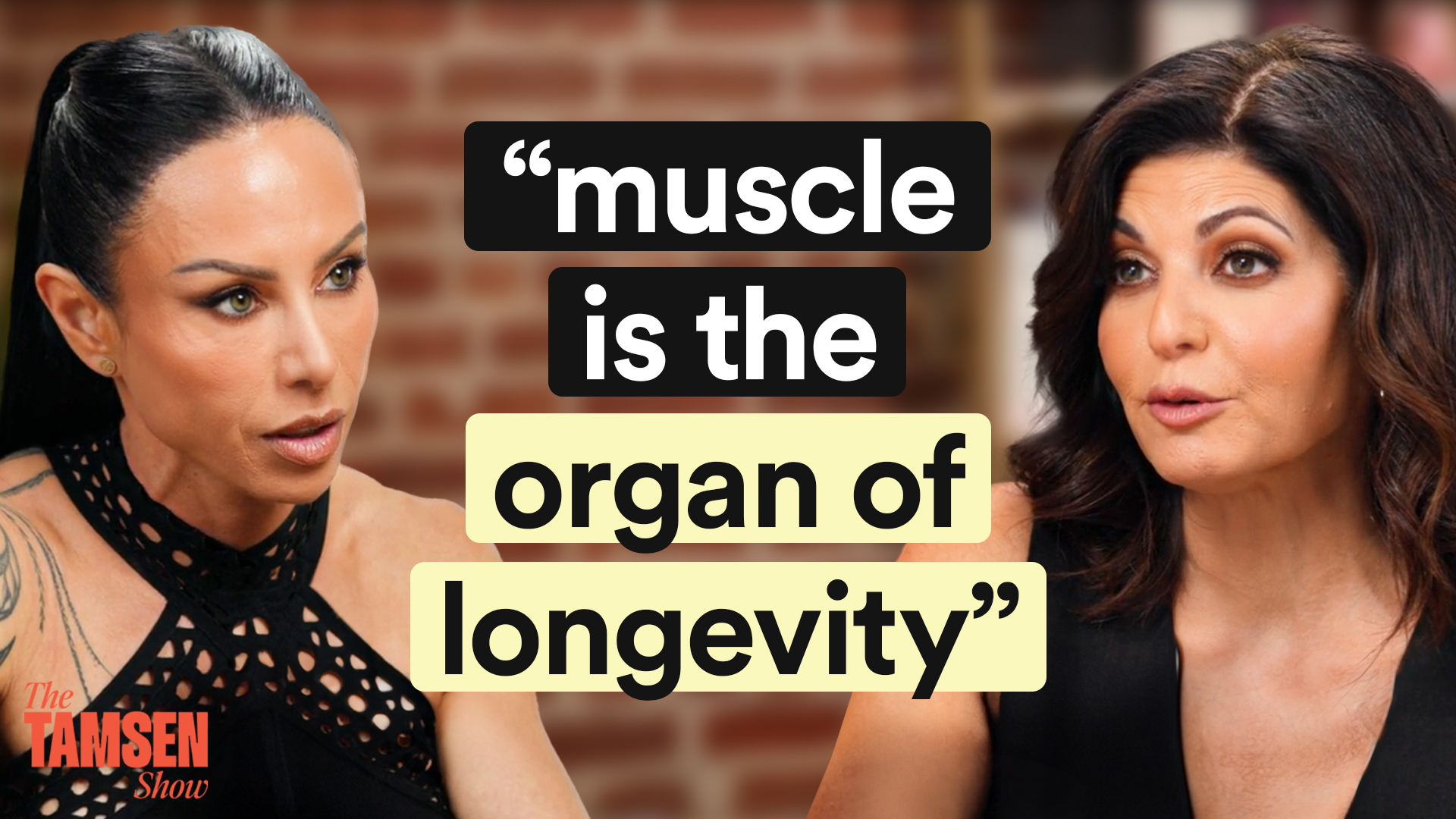
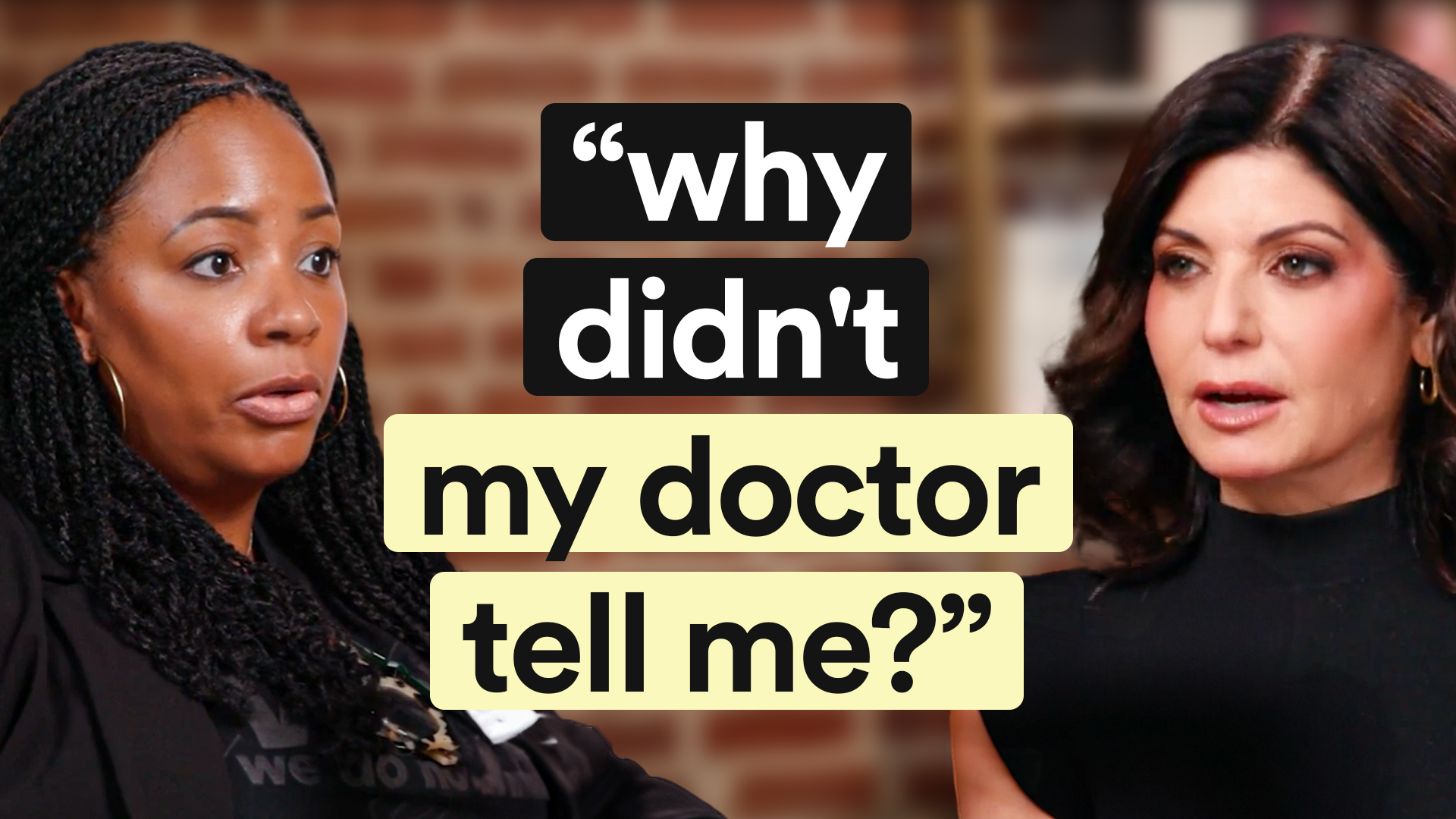
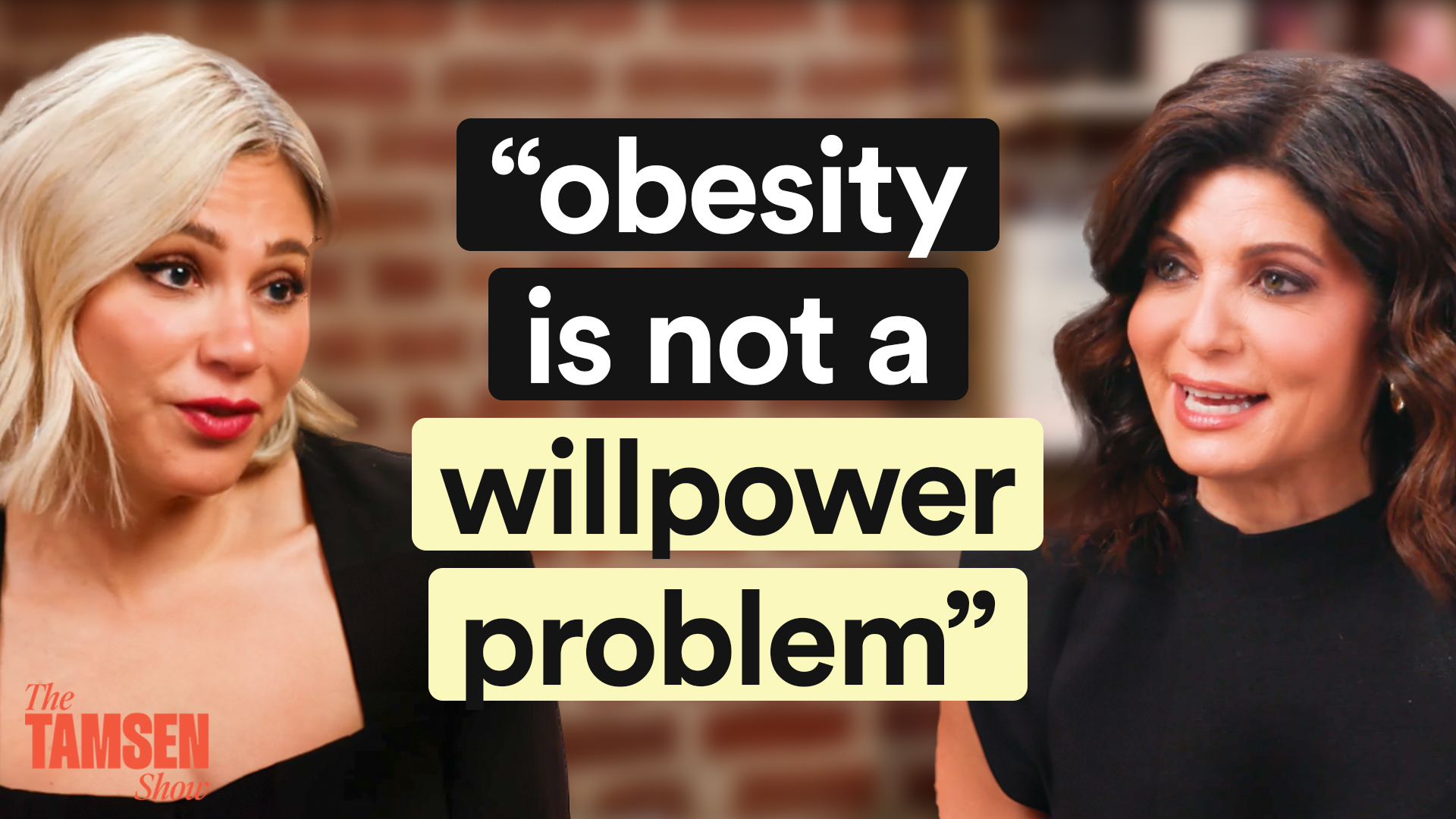
.jpg)
.jpg)

